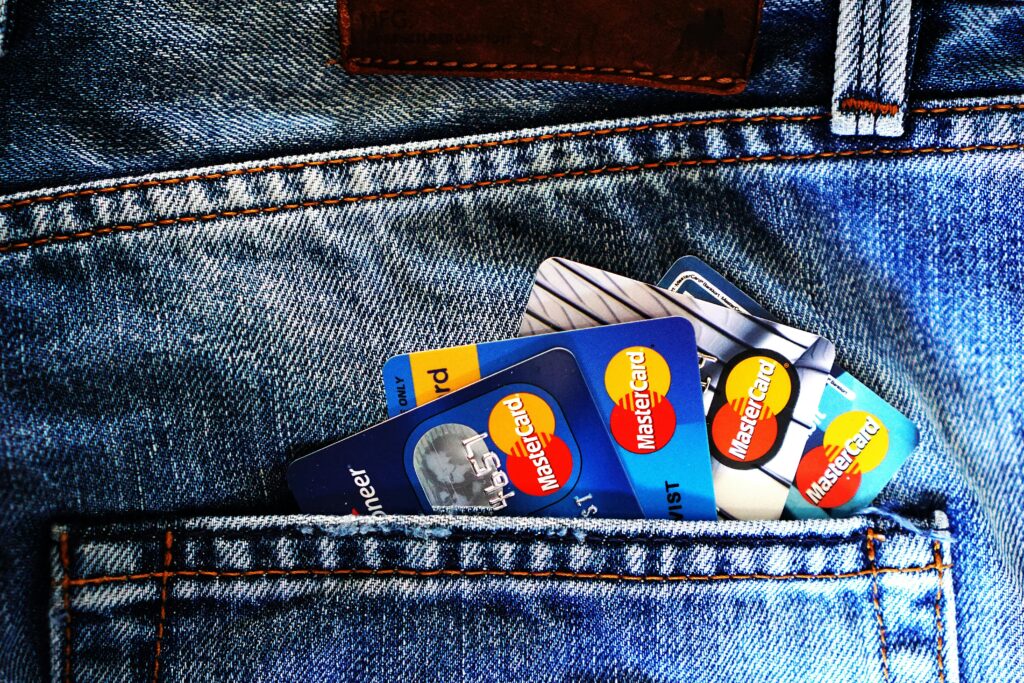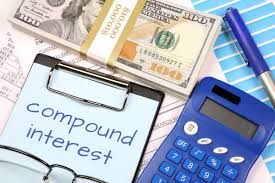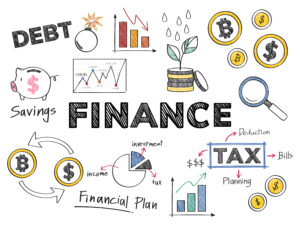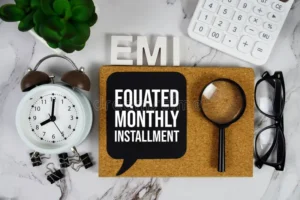Step-by-Step Guide to Improve Your Credit Score in 2025
Your credit score plays a crucial role in your financial life. Whether you’re applying for a personal loan, credit card, home loan, or even renting a house, lenders use your score to judge your creditworthiness.
A poor credit score can lead to higher interest rates or even rejection of loan applications. The good news? You can improve your credit score with consistent effort and smart money management.
In this article, we’ll share a step-by-step guide to improve your credit score in 2025, so you can secure better financial opportunities.

What is a Credit Score?
A credit score is a 3-digit number (usually between 300 and 900) that represents your credit history and repayment behavior.
- A score above 750 is considered excellent.
- Scores between 650–749 are fair.
- Below 600 is considered poor.
The higher your score, the easier it is to get loans and credit cards at lower interest rates.
Why is Improving Your Credit Score Important?
- Lower Interest Rates – Lenders trust you more.
- Higher Loan Approvals – Better chances of approval for loans & credit cards.
- Bigger Credit Limits – Banks offer higher limits with good scores.
- Financial Freedom – More options, less stress.
Step 1: Check Your Credit Report Regularly
The first step to improve your credit score is to know where you stand.
- Get a free credit report from agencies like Experian, TransUnion, or Equifax.
- Check for errors such as wrong account details, duplicate entries, or fraudulent activity.
- Report and fix errors immediately — even a small mistake can lower your score.
Step 2: Pay Bills on Time
Payment history makes up 35% of your credit score. Even one missed payment can damage your score.
✅ Tips:
- Set reminders for due dates.
- Automate payments for credit cards and EMIs.
- Always pay at least the minimum due to avoid penalties.

Step 3: Reduce Credit Card Balances
High credit card utilization (using more than 30% of your limit) lowers your score.
- Keep utilization below 30% of your limit.
- If your limit is $5,000, spend no more than $1,500 monthly.
- Request a higher limit but maintain the same spending habits.
Step 4: Avoid Applying for Too Many Loans
Every loan or credit card application triggers a hard inquiry, which can reduce your score temporarily.
- Apply only when necessary.
- Compare lenders before applying to reduce rejections.
- Multiple rejections can damage your score further.
Step 5: Build a Long Credit History
The longer your credit history, the better.
✅ Do this:
- Keep old credit card accounts active (even if you don’t use them often).
- Avoid closing long-standing accounts unless necessary.
- Use your oldest credit card occasionally to keep it active.
Step 6: Diversify Your Credit Mix
Credit score also depends on the types of credit you have.
- Mix of secured loans (like home loans, car loans) and unsecured loans (like personal loans, credit cards) improves your score.
- Lenders see you as responsible if you manage different kinds of credit well.
Step 7: Negotiate with Lenders if Struggling
If you are unable to make payments, contact your lender before defaulting.
- Request loan restructuring or EMI deferment.
- Many banks offer hardship programs.
- This protects your score from big damage.
Step 8: Monitor for Fraud & Identity Theft
In 2025, cyber fraud is increasing. Someone using your identity can harm your score.
- Enable SMS/email alerts for all transactions.
- Report suspicious activity immediately.
- Use secure passwords for online banking.

How Long Does it Take to Improve Credit Score?
- Minor improvements: 3–6 months (by paying bills on time and reducing debt).
- Major improvements: 12–18 months (by fixing errors, diversifying credit, and reducing utilization).
Consistency is the key.
Common Myths About Credit Scores
❌ Checking your credit report lowers your score – Not true, only “hard inquiries” affect it.
❌ Closing credit cards improves your score – Wrong, it may actually lower your score by shortening history.
❌ You can instantly fix your score – No quick fixes, only disciplined financial behavior works.
Conclusion
Your credit score is like your financial reputation. To secure the best loans, credit cards, and interest rates, you must maintain a healthy score.
By following these steps — checking your report, paying bills on time, reducing credit card balances, and managing loans smartly — you can steadily improve your credit score in 2025.
Remember: good credit doesn’t happen overnight, but with patience and discipline, your score will rise and open doors to better financial opportunities.
FAQs
1. What is the fastest way to improve my credit score?
Pay your bills on time and reduce credit card balances. These have the biggest impact.
2. How often should I check my credit report?
At least once every 6 months, or immediately if you suspect fraud.
3. Can I improve my credit score with no credit history?
Yes, start with a secured credit card or a small personal loan to build history.
4. Does paying only the minimum due help my score?
It prevents late fees, but paying in full improves your score faster.












Post Comment